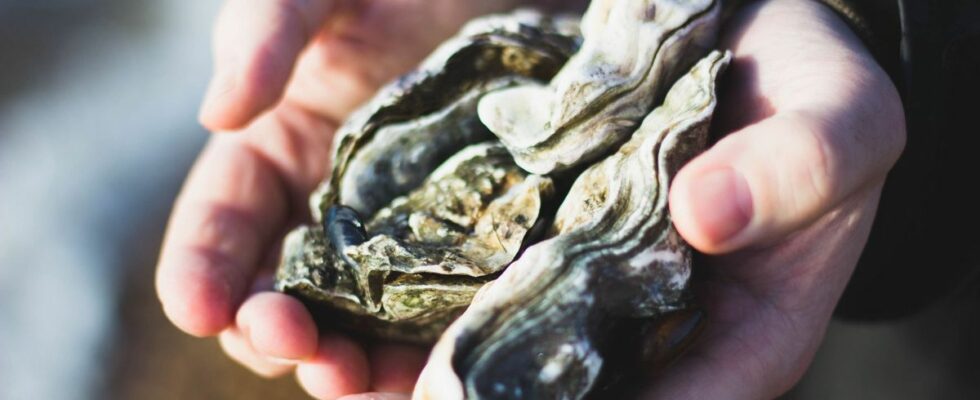Published on
Updated
Reading 2 min.
For the first time, worrying levels of glass fibres have been detected in oysters and mussels farmed on the south coast of England. This research highlights a dual problem, both ecological and medical. We explain.
While last spring a serious study supported by American medical research and carried out by researchers from the biology department of Dartmouth College in the United States revealed the presence of no less than 26 varieties of PFAS (eternal pollutants) in canned tuna, haddock, salmon and shrimp, it is now the turn of oysters and mussels to be in the sights. However, molluscs are in full season at this summer time in France. Oysters are fleshy while Bouchot mussels have reached their peak taste.
But researchers from the University of Brighton and the University of Portsmouth have detected worrying levels of glass fibres in a selection of oysters and mussels collected from Chichester Harbour between December 2018 and May 2019. This area, located not far from Portsmouth, is also home to a shipyard located downstream. And that’s the problem.
After analyzing the bivalves, the British researchers found that oysters contained up to 11,220 fiberglass particles per kilogram, and mussels, 2,740 particles per kilogram. The peak was reached when many of the boats were actually being repaired. And it’s worth noting that nearly 80 percent of boat hulls under 65 feet (20 meters) long are built with fiberglass, according to the research published in the journal Journal of Hazardous Materials. In a communicatedthe authors are clear: fiberglass, widely used in boat manufacturing, is degrading and contaminating coastal waters. This material, once considered durable and beneficial, is now causing unexpected harm to marine life.”
And that’s not all. Scientists also found microplastics in this sample of oysters and mussels.Ingestion of GRP (microplastics, editor’s note) can disrupt their digestive system, leading to physiological stress and even death. This not only affects marine life, but could also have significant consequences for human health, given that these bivalves often end up on our plates“, explain the authors.
The problem is twofold since it is on the one hand ecological.This is a global problem, particularly for island nations with limited landfill space. Efforts are being made to find viable disposal solutions, but more needs to be done to prevent dumping at sea and incineration on land.” says Professor Fay Couceiro of the University of Portsmouth.
And the problem is medical too. Last March, research published in the journal New England Journal of Medicine indicated that patients whose carotid artery tissue contained microplastics or nanoplastics were twice as likely to suffer a heart attack or stroke.
